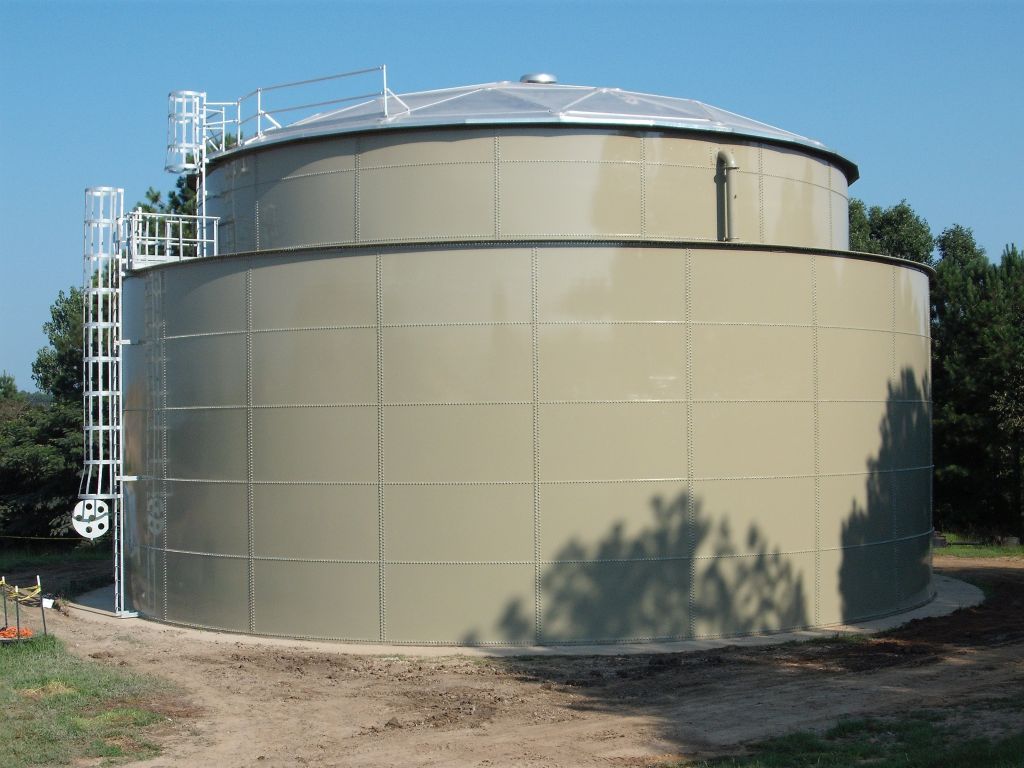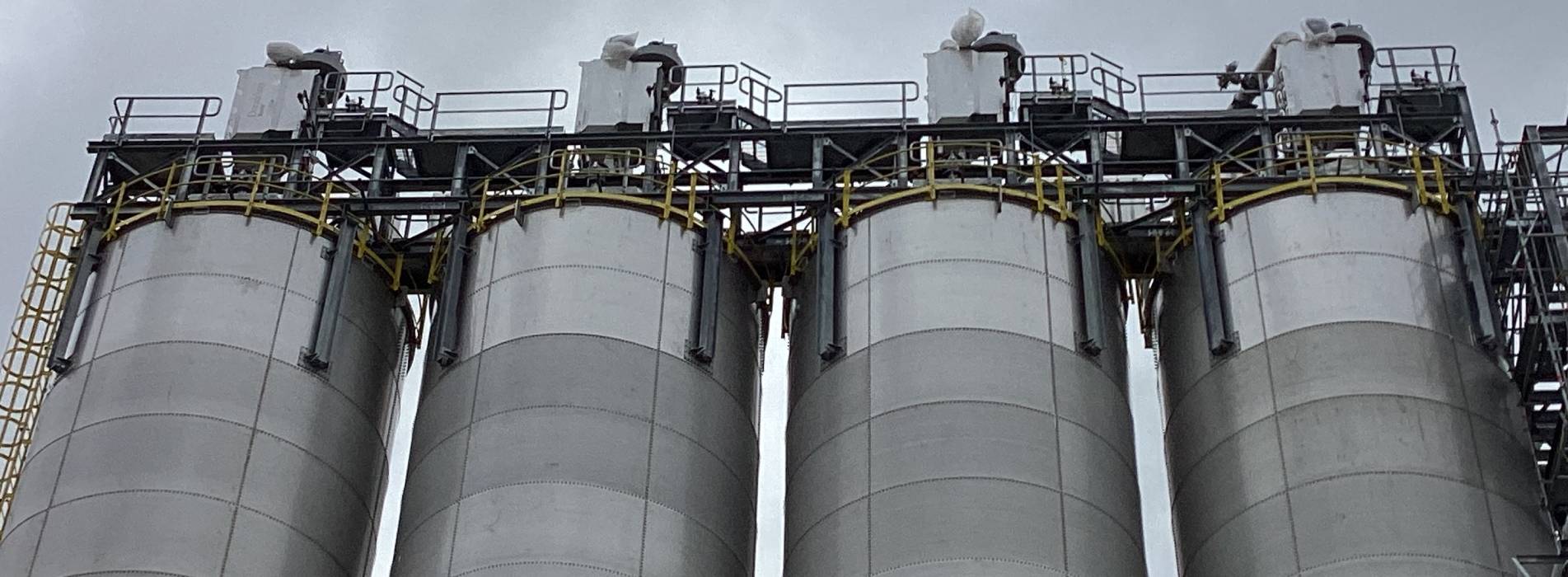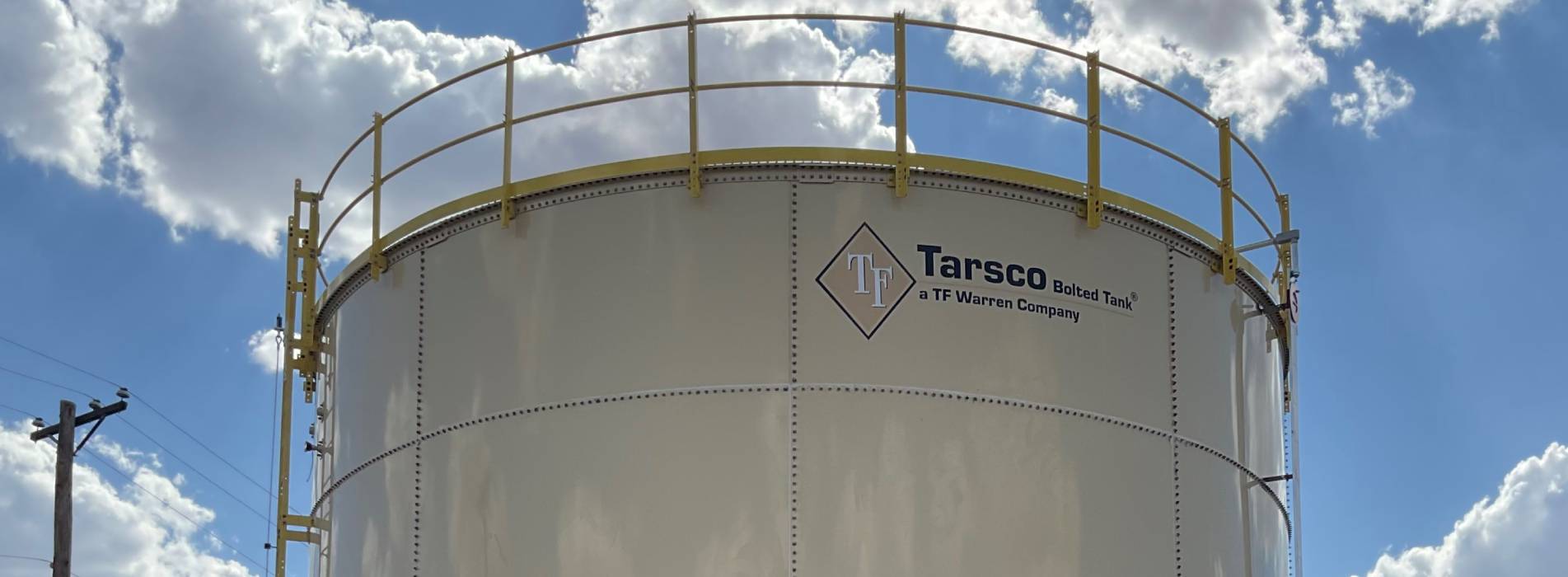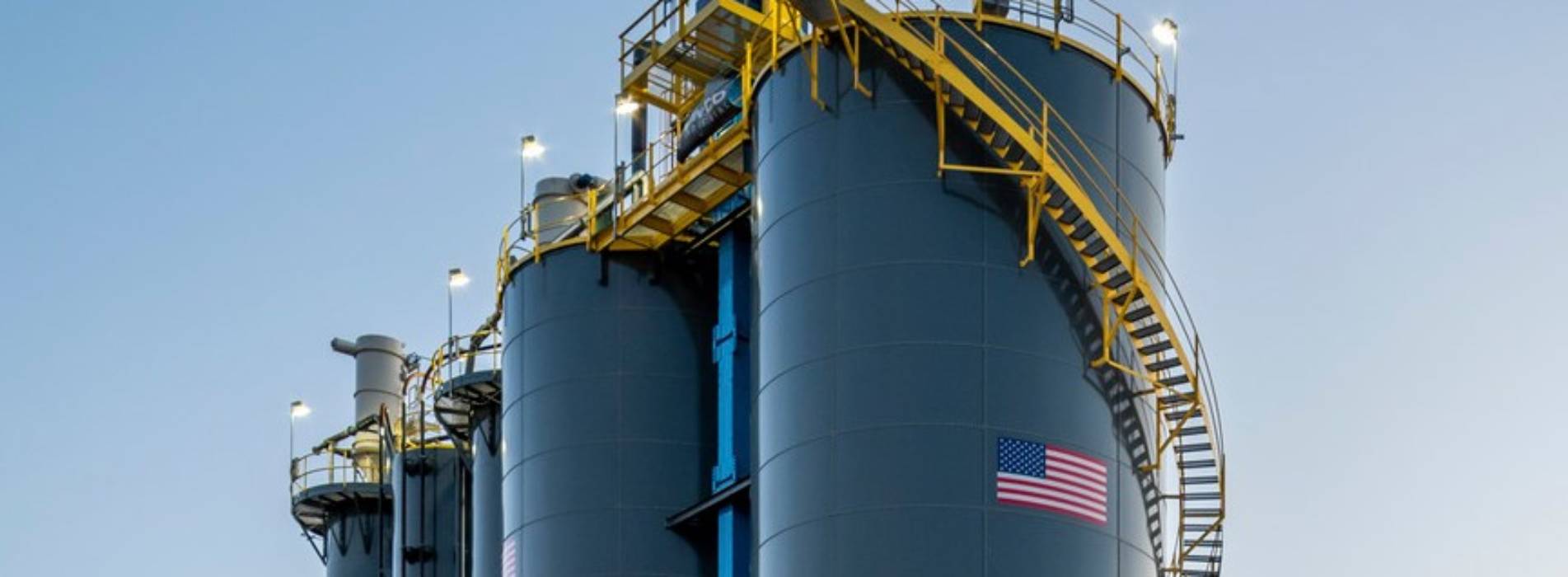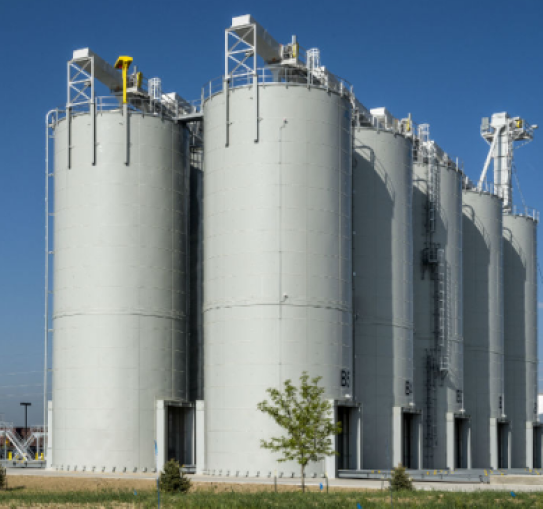What is waste management?
The appropriate management of waste produced from agricultural operations can contribute significantly to farm operations. Proper waste management supports the maintenance of a healthy environment for farm animals and makes it possible to reduce the use of commercial fertilizers, while also supplying additional nutrients required for crop production. Agricultural waste usually results from animals includes products such as manure, litter and bedding, wasted feed, runoff from holding areas and feedlots and wastewater from structures like dairy parlors.
What are the benefits of waste management?
Much like other aspects of agricultural production, there are specific requirements for the application and organization of agricultural waste on farms. The principal reasons behind the management of agricultural waste are backed by solid logic that concerns both economical and environmental factors
When it is possible, the reprocessing of animal waste in farming operations can bring down the quantity of hauling costs associated with commercial fertilizer. The addition of animal waste to soil increases the organic matter content, which in addition to enhancing nutrient availability for crops, also increases the water holding capacity. Sound waste management practices reduce the occurrence of well water contamination and minimize surface water pollution.
There are various options for waste storage such as a solid in a storage tank structure or as a liquid in holding ponds or anaerobic lagoons. The ability to store waste in an acceptable manner until it can be used is a vital component of an effective waste management strategy.
The Agricultural Waste Compost Tanks need to adhere to the Federal Performance Standards of the owner or operator of all solid waste facilities. The following points outline the regulations:
- Design, construct, operate and secure all facilities in a way that does not threaten human safety or the health of the environment.
- Meet the terms of water pollution control and implementing regulations.
- Follow the approved local comprehensive solid waste management plan; Solid Waste Management – Recycling and reduction, and/or the local hazardous waste management.
- Keep from causing a violation of ambient air quality standards or violation of emission standards at any facility’s property boundary.
- Observe all relevant local, state and federal laws and regulations.
Owners using Agricultural Waste Tanks are required to:
- Use reasonable and appropriate methods of control, prevention and treatment to protect groundwater and surface water.
- Maintain control of nuisance odors to stop migration taking place beyond property boundaries.
- Prevent the attraction of rodents, flies and other vectors through proper management methods.
- Comply with all state, federal and municipality laws and regulations for Agricultural Waste Control.
